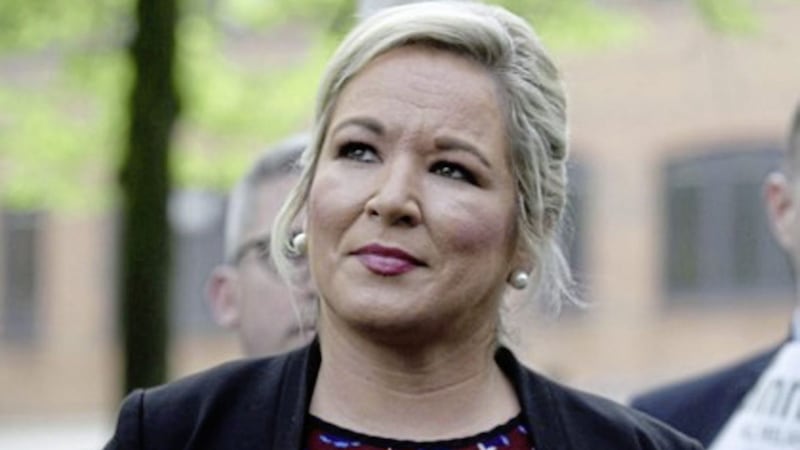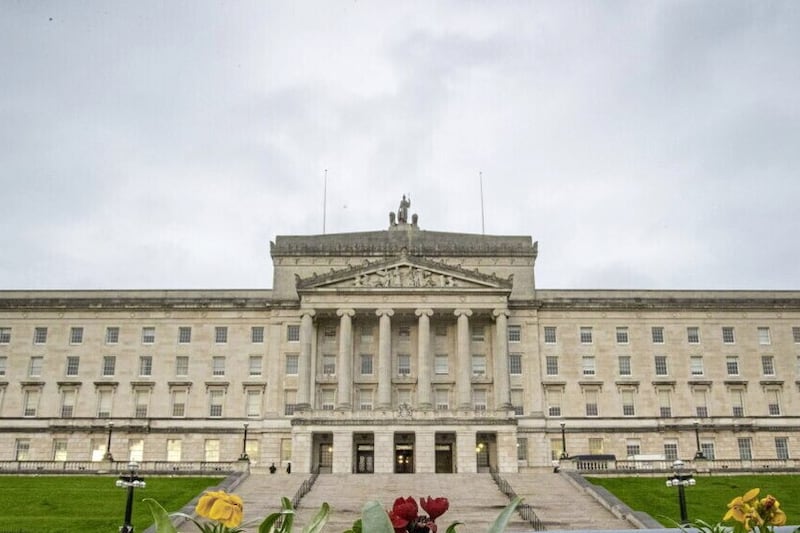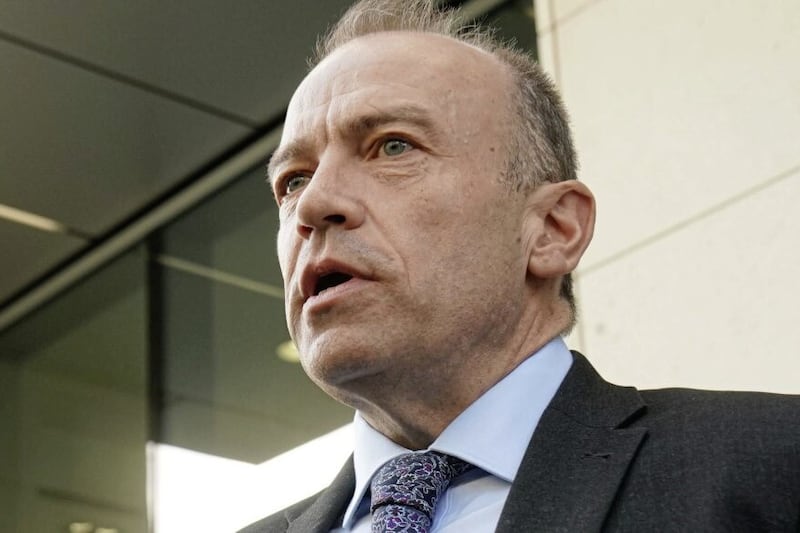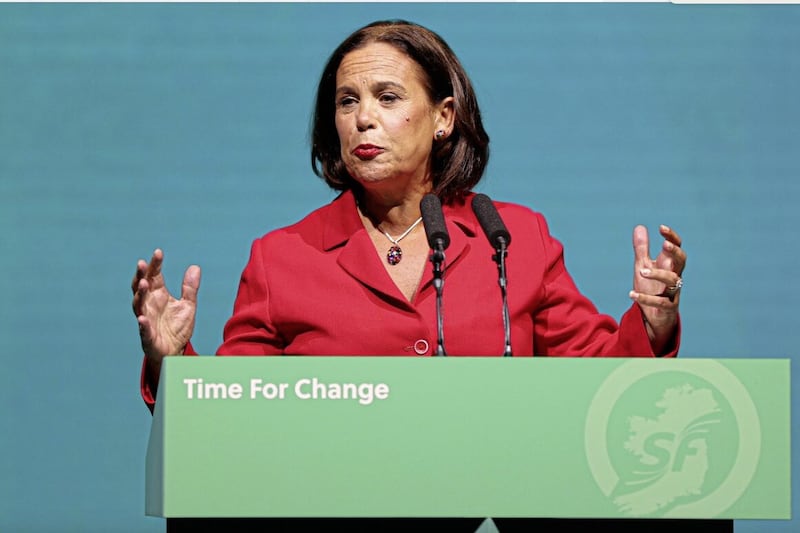THE north of Ireland is not prepared for a no deal Brexit.
For over 900 days, there has been no functioning assembly or executive.
While Sinn Féin remains firmly committed to the restoration of the political institutions and are participating in the talks process led by the two governments in good faith, as of today there is little sign of progress or a successful conclusion.
The DUP has exchanged the responsibility of power at Stormont for leverage in Westminster through its confidence and supply agreement with the Tories.
Of the six political parties represented in the assembly all are anti-Brexit, excluding the UUP and the DUP who oppose the majority position of citizens and members of the assembly.
Sinn Féin and the other parties accept that unaccountable civil servants taking decisions across government at present is untenable. It would be even more unmanageable in a no deal Brexit environment where quick executive decision-making is required.
However, in the absence of power-sharing it would not be acceptable to Sinn Féin for the British government to impose direct rule from Westminster in the absence of power-sharing.
This approach would contravene the St Andrews Agreement where the ability for British-only direct rule was removed.
This was expressly recognised by the joint statement of Tony Blair and Bertie Ahern in April 2006: "If restoration of the assembly and executive has to be deferred, the governments agree that this will have immediate implications for their joint stewardship of the process. We are beginning detailed work on British-Irish partnership arrangements that will be necessary in these circumstances to ensure that the Good Friday Agreement, which is the indispensable framework for relations on and between these islands, is actively developed across its structures and functions. This work will be shaped by the commitment of both governments to a step-change in advancing north-south co-operation and action for the benefit of all."
The current difficulties in restoring the executive and the assembly echo the challenges of 2006. At that time, it was made plain that the alternative to devolution was not Westminster direct rule.
The governments confirmed their commitment to the principles of the Good Friday Agreement which required the continued operation of the other institutions to the greatest extent possible.
That scenario again rears its head. Faced with an admittedly unwelcome choice between a return to direct rule from London and the partial operation of the Good Friday Agreement sponsored by the two governments, the answer must be that both the Irish and British governments intend to honour the commitments of their predecessors and protect the hopes of all those who voted for the agreement.
In the absence of the assembly and executive, the choice is between the protection of the Good Friday Agreement or its abandonment.
A return to direct rule would represent its abandonment.
The immediate crisis of a no deal Brexit and the absence of an assembly will necessitate joint authority by both governments which amounts to an honest and responsible effort to protect the principles which ended the conflict and offer the best hope of future peace and prosperity, and to avoid causing lasting harm to the people of Ireland who must be afforded the democratic imperative to determine their own future through a referendum on reunification.
:: Michelle O'Neill is Sinn Féin deputy leader






